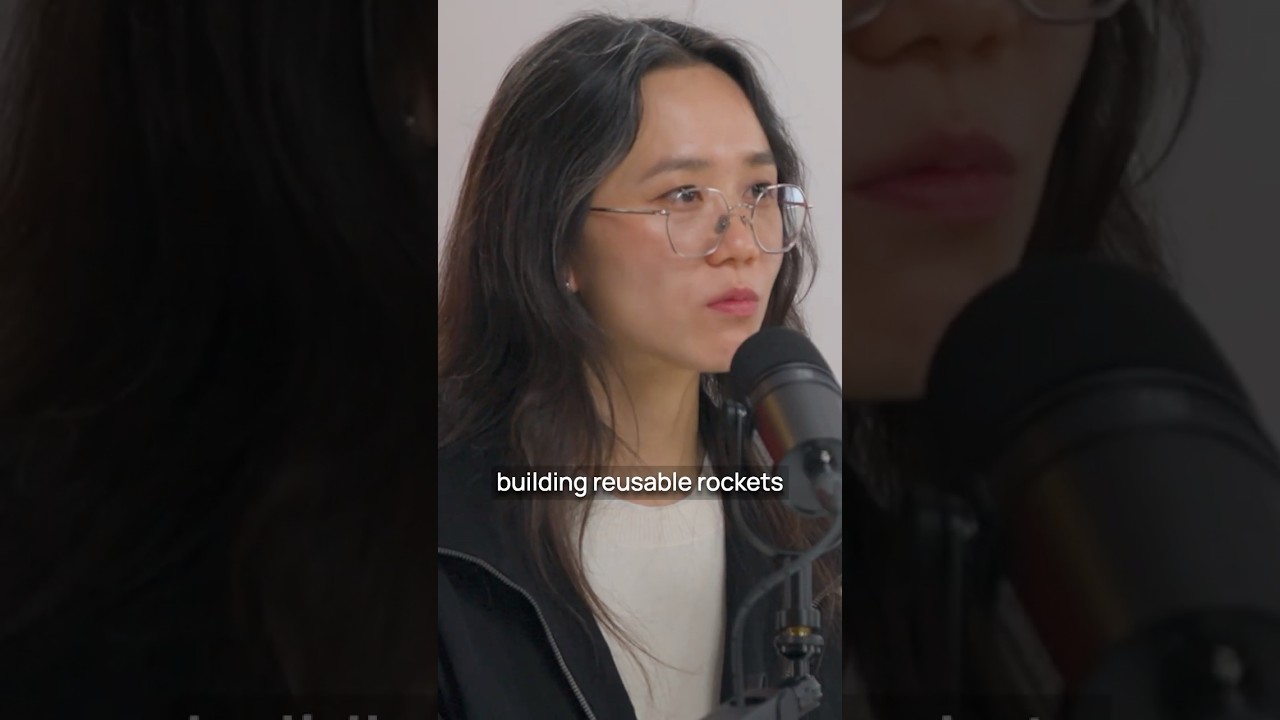The video highlights the challenges contrarian founders like those at OpenAI and SpaceX face, emphasizing the importance of perseverance and focusing on meaningful outcomes despite widespread skepticism and criticism. It encourages trusting personal experience and direct feedback over popular opinion to build innovative ideas that challenge the status quo.
The video discusses the challenges and importance of being contrarian, using examples from OpenAI and SpaceX. When OpenAI launched, it faced mostly negative press, especially from the established AI research community in academia and other companies. Many experts doubted that a relatively young team without traditional credentials or peer-reviewed publications could create artificial general intelligence (AGI). The criticism centered around the lack of published papers and skepticism about the value of spending millions on GPUs without producing academic output. However, the video argues that focusing solely on papers is misguided; instead, successful innovators prioritize outcomes for customers and users.
Similarly, when Elon Musk started SpaceX, he was not the first billionaire to attempt a spaceflight company, and the press was largely dismissive. The idea of building reusable rockets was considered blasphemous by many rocket scientists, who believed it was impossible. Despite numerous failed launches and negative media coverage, Musk and his team persisted. Their determination eventually paid off, proving the skeptics wrong and revolutionizing spaceflight. Both OpenAI and SpaceX exemplify how contrarian founders must stick to their vision despite widespread doubt and criticism.
The video emphasizes that being contrarian often means facing rejection from the majority. However, even if nine out of ten people think you are wrong, the one person who shares your belief can be crucial. This minority support is essential for building momentum and attracting others who agree with your vision. Being contrarian is not about being contrary for its own sake but about having the conviction to pursue ideas that others may initially dismiss.
Viewers are encouraged to critically evaluate how they determine what is real and correct in the world. The video suggests relying on personal experience and direct interactions with people who have relevant problems, rather than passively consuming information from social media or famous personalities. This approach helps build a more reliable and verifiable understanding of reality, grounded in practical experience rather than hearsay or popular opinion.
Ultimately, the video highlights the importance of perseverance, critical thinking, and focusing on meaningful outcomes when pursuing innovative ideas. It encourages individuals to trust their own experiences and the feedback from those they directly serve, rather than being swayed by mainstream skepticism or negative press. This mindset is crucial for anyone looking to challenge the status quo and create impactful change.
